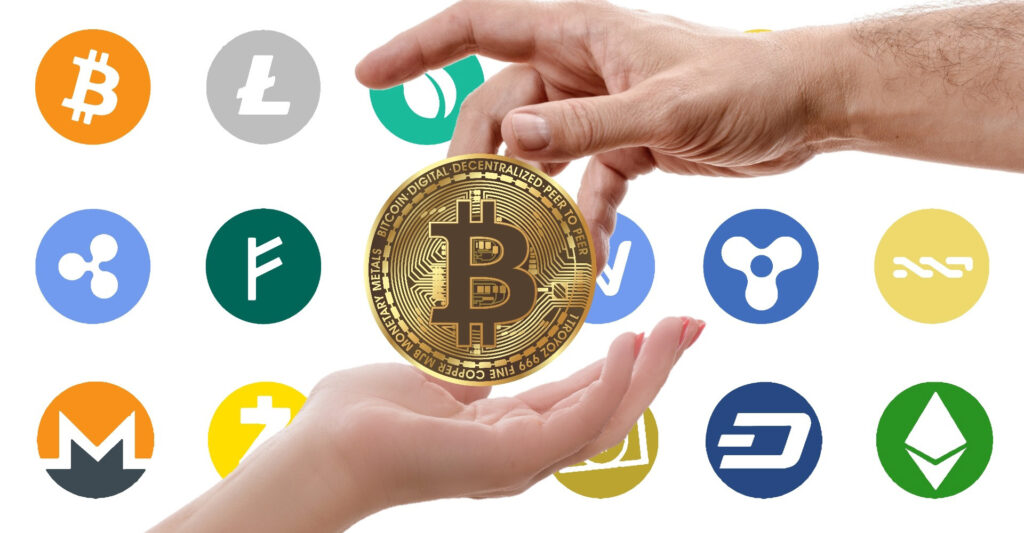There is a whole list of transactions that can be executed using cryptocurrencies and their derivatives, such as the famous NFT – Non-Fungible Token (a type of digital title deed).
However, using cryptocurrencies for real tasks, such as buying a property, is something that to date is not possible (there are some transactions, but there is always the need to convert into fiat currency – in Portugal, the Euro – before the deed) .
This is, however, a changing reality and, as such, in the face of a new reality in which there is a galloping growth of investors interested in investing in this way and, for that very reason, they have asked the Notary Society in this regard, we are witness an adjustment movement in the real estate market in Portugal, in order to accommodate these transactions within the real estate business.
The keyword here is simply that there is no need to convert cryptocurrency into fiat currency. And here lies all the innovation and differentiation that Portugal is creating in the global market, allowing real estate deals to be carried out, totally legal, paid 100% in cryptocurrency, the most common being Bitcoin.
Now, as we know, no change movement is immediate, and it is expected that the operationalization of the regulations that will guide these transactions will take a few weeks to write and improve, although it is certain, however, that we can expect this situation to be operational until next August. .
In this sense, it is known that transactions above 200 thousand euros will be required to be reported to the authorities. Additionally, detailed data identifying the price and type of cryptocurrency involved will be required, as well as information on the origin of the funds, from the acquisition of the cryptocurrency to the time of the deal, as well as the digital wallets involved (Wallets).
All this information must be submitted up to 5 days before the deed, in order to allow notaries to make it reach the DCIAP and the Financial Information Unit, in order to comply with the legal precepts regarding the prevention of money laundering.
This innovation in the real estate market allows Portugal to stand out and innovate in terms of its attractiveness for foreign investments, as well as simplifying the procedures involving the real estate business.
For the Portuguese, it will facilitate real estate deals with cryptocurrencies and thus allow younger generations to make use of digital assets they may have in their possession.
This reduces the cost of using these assets, since their conversion always involves the payment of fees and commissions, being subject to market volatility, something that can substantially reduce the amount to be converted, looking at the time horizon of the duration of the real estate business.
It is with some expectation and enthusiasm that we await the introduction of the new regulation, which should revolutionize the way digital assets relate to tangible assets, opening the door to a new reality on which we are witnessing the zero moment.
Author Luis da Ponte is an effective member of the Order of Economists.
He has a degree in Business Management and a postgraduate degree in Corporate Finance from the University of Algarve and a degree in Public Administration from the University of Minho.
Professionally, he is the owner of the companies “VDP – Consultoria | Insurance” and “TSE Industrial”.
Note: article published under the protocol between the Sul Informação and the Algarve Delegation of the Order of Economists




















Comments